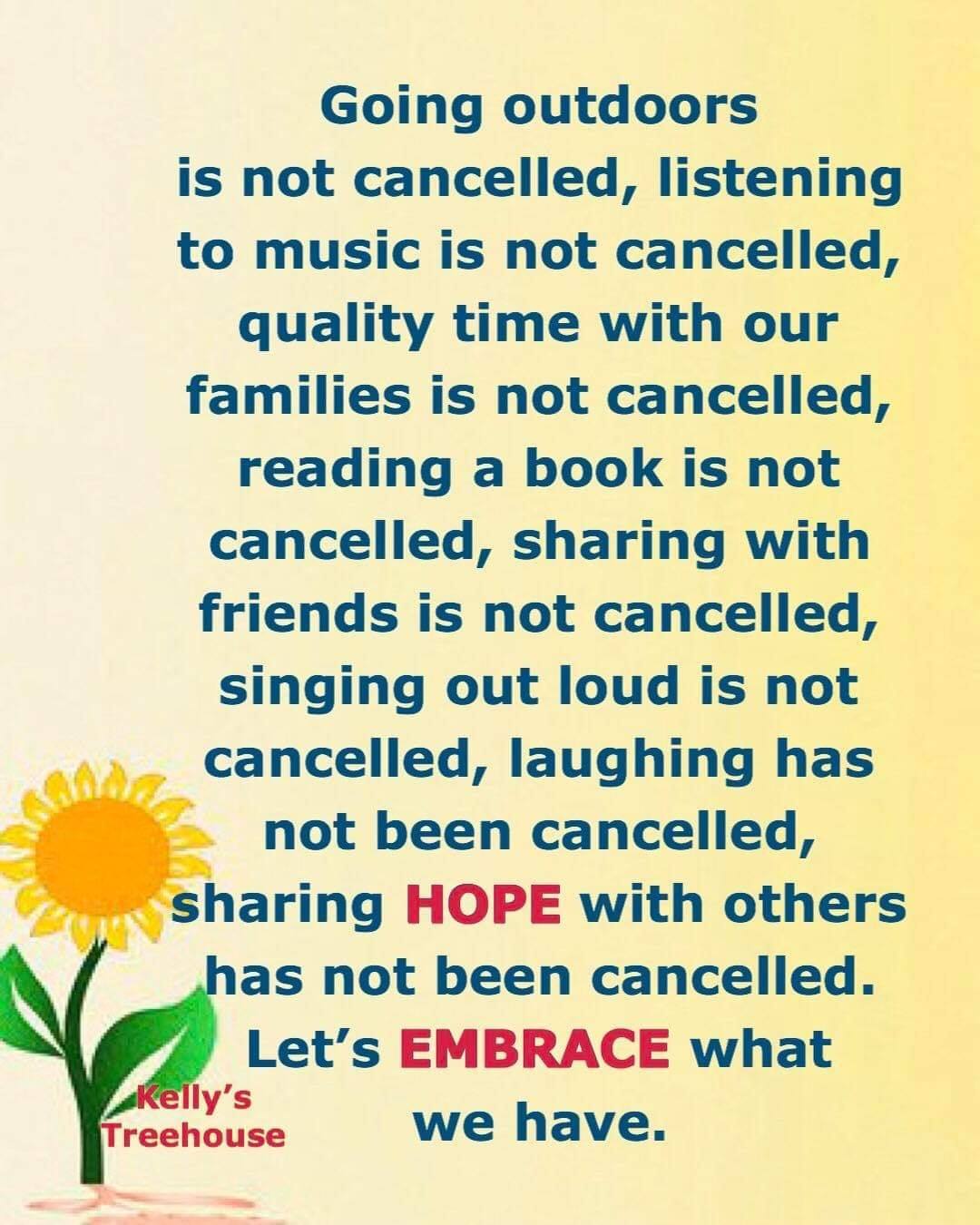Respond with Sensitivity
Build the foundation of trust and empathy beginning in infancy. Tune in to what your child is communicating to you, then respond consistently and appropriately. Babies cannot be expected to self-soothe, they need calm, loving, empathetic parents to help them learn to regulate their emotions. Respond sensitively to a child who is hurting or expressing strong emotion, and share in their joy.
API Links
|
"Irrespective of the general closeness of the parent-teen relationships, researchers found that teens reported feeling more loved on days when parents reported showing more warmth in the form of affection, understanding, and praise. |
"We say things like “I don’t have time for that,” or “I’m running out of time,” or “I never have the time to do what’s most important to me,” or “I never have time for me.” These beliefs about the scarcity of time can stimulate feelings of anxious Read more |
|
"Dr. Kenneth Ginsburg (Keynote speaker from the recent Creating a Resilient Community Conference) shared the excerpt from his book Reaching Teens titled The Traumatic Impact of Racism on Young People and How to Talk About It. |
"Our child’s fears and worries about being unsafe don’t often show up in these words. |
|
The Brain Architects Podcast: COVID-19 Special Edition: A Different World with Dr. Jack Shonkoff. Note the guides and resources included at the link too. |
|
|
The power of empathy when parenting is challenging...
|
Sometimes our children ask a lot of questions about what's going on, and sometimes they listen and wonder, and worry. Here are some tips about talking with your children about Coronavirus / COVID-19 and keeping lines of communication open.
|
|
Attachment Parenting International was founded in Nashville, Tennessee, and is home to board members, council members, Read more |
"Approximately 40 percent of school-age children in the US meet criteria for flourishing, as operationalized by an index derived from three items designed to assess flourishing in the National Survey of Children’s Health. |
- ‹ previous
- 6 of 43
- next ›







